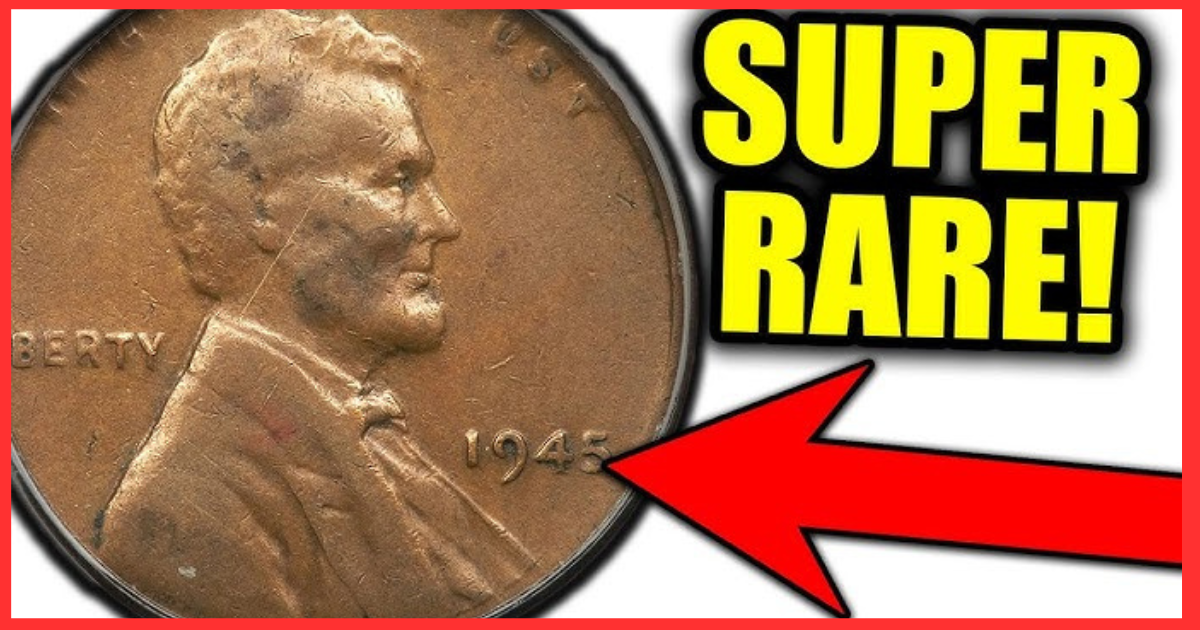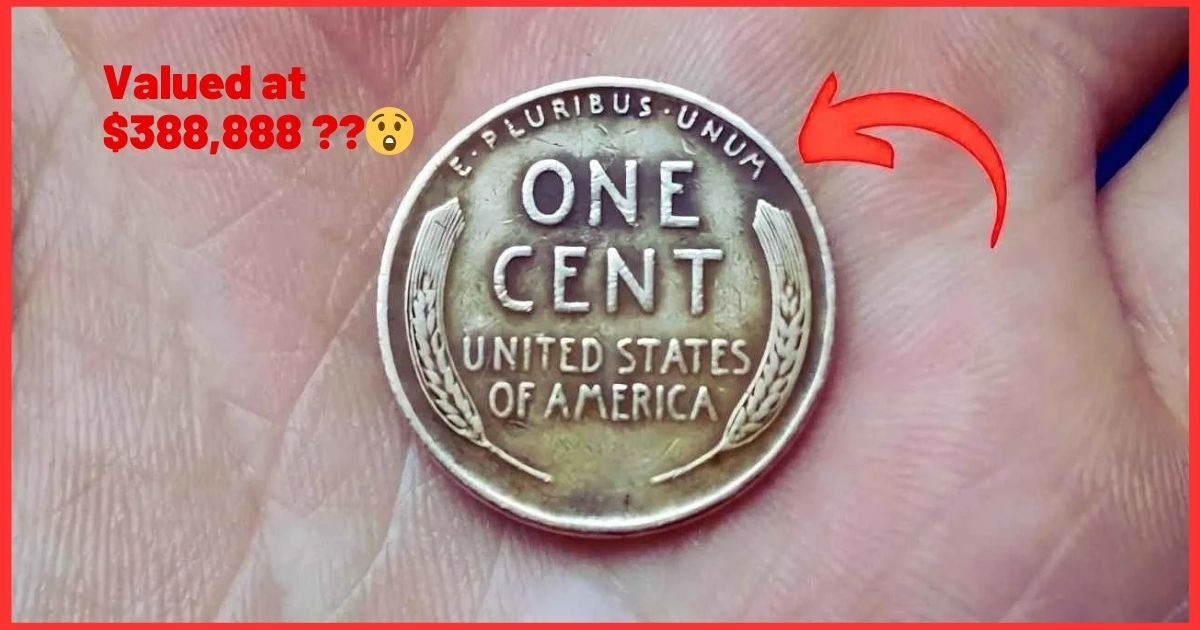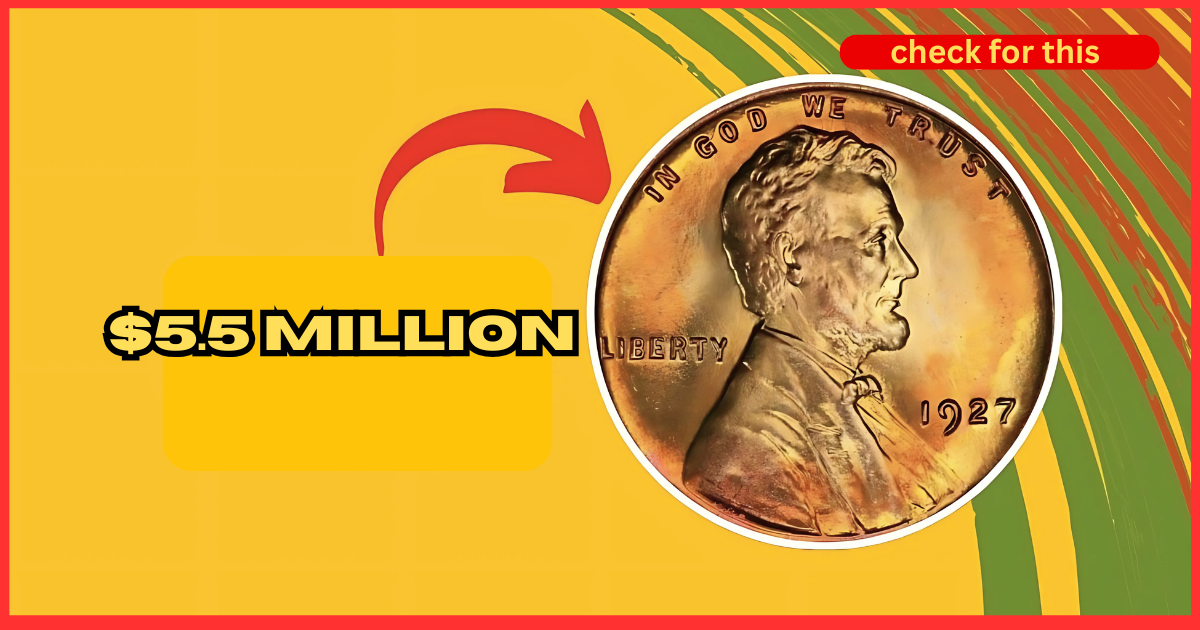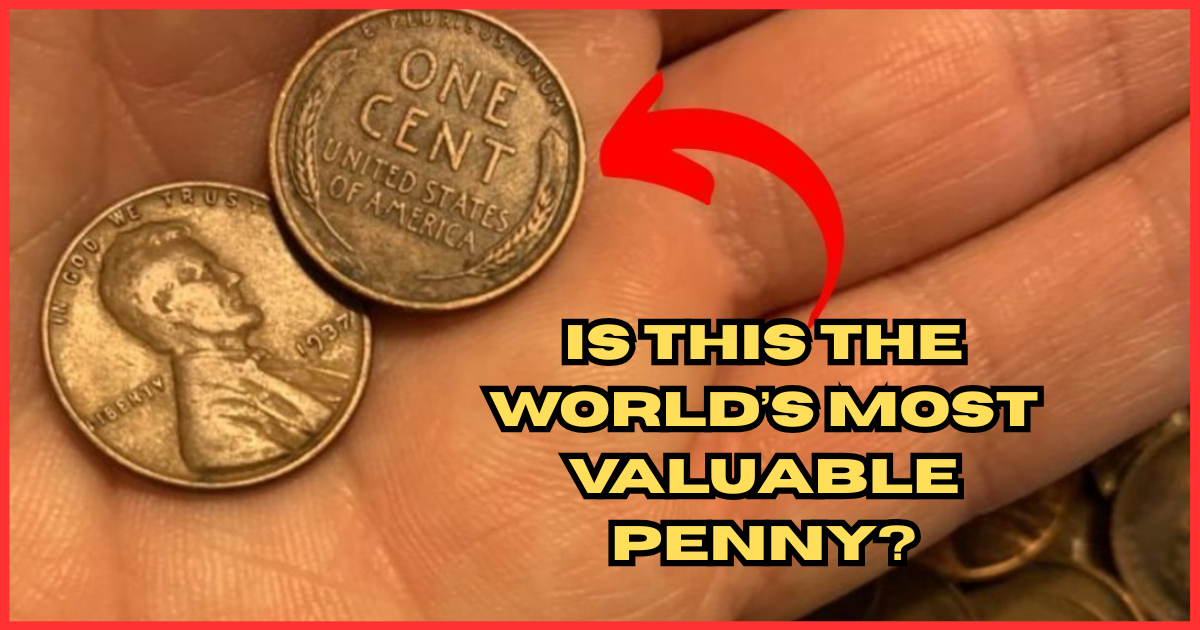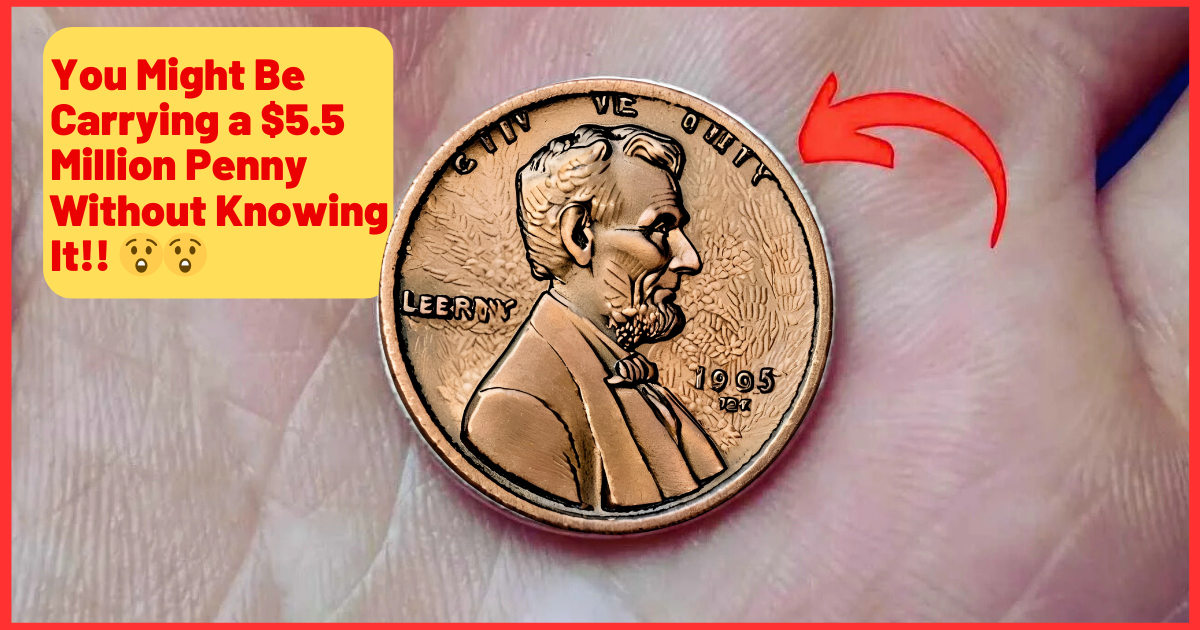The idea that a rare wheat penny value could be worth a fortune might seem unbelievable. But for collectors and those who find rare coins, it’s true.
The Lincoln Wheat Penny, made from 1909 to 1958, shows how a common coin can turn into treasure. With the right mix of rarity and condition, some pennies can sell for thousands or even hundreds of thousands of dollars.
Numismatic experts say certain wheat pennies are very valuable because they’re rare and have historical importance. This article will look into what makes them valuable. It will also show how to spot the most sought-after ones, revealing the value in these everyday coins.
The Legacy of American Wheat Pennies: 1909-1958
The Lincoln Wheat Penny was introduced in 1909. It was a groundbreaking coin that started a new era in American money. Designed by Victor David Brenner, it was the first coin to show a real person, Abraham Lincoln. This was to celebrate the 100th anniversary of his birth.
The design of the Lincoln Wheat Penny was a big change from earlier coins. It showed Lincoln’s portrait on one side and two wheat stalks on the other. These wheat stalks symbolized America’s farming roots. This design not only showed the nation’s values but also became a lasting symbol in American coin collecting.
Key Features of the Lincoln Wheat Penny:
- First coin to feature a real person
- Commemorated Abraham Lincoln’s 100th birth anniversary
- Designed by Victor David Brenner
- Featured wheat stalks on the reverse
Over nearly five decades, the Lincoln Wheat Penny went through several design updates. One big change was adding and then removing Brenner’s initials (VDB) from the back. These changes show how the coin’s design evolved over time.
| Year | Significant Event | Design Change |
|---|---|---|
| 1909 | Introduction of Lincoln Wheat Penny | Initial design with VDB initials |
| 1918 | Removal of VDB initials | Simplified reverse design |
| 1958 | End of Wheat Penny production | Final design iteration |
The Lincoln Wheat Penny’s impact goes beyond its production years. It has shaped American coin history and is still loved by collectors today.
How to Identify Valuable Wheat Pennies
To find valuable wheat pennies, collectors must know what makes a coin rare and valuable. Certain dates and mint marks are more valuable than others. It’s important to spot these characteristics.
The year a coin was minted is key, with coins from rare dates like 1909 and 1914 being highly sought after. The mint marks, such as “S” for San Francisco or “D” for Denver, also matter a lot. For example, the 1909-S VDB and the 1914-D are very prized by collectors.
Errors, like the 1922 no-D penny, can also boost a coin’s value. Collectors should look for coins in good condition, with little wear. The rarity of a coin, based on its mintage and survival rate, also affects its value.
- Check the date and mint mark to identify rare coins.
- Look for errors that can increase a coin’s value.
- Assess the condition of the coin to determine its worth.
By understanding these factors and carefully examining their wheat pennies, collectors can spot the valuable ones in their collection.
Most Valuable Wheat Pennies and Their Worth
If you find a suspect penny, don’t clean it—cleaning can wreck its value. Take it to a pro at PCGS or NGC for a legit check.
| Key Details | Description |
|---|---|
| Top Coins | 1943 Bronze, 1909-S VDB, 1955 Doubled Die |
| Material | Bronze for 1943 error; copper for others |
| Mint Marks | S (San Francisco), D (Denver), or none (Philadelphia) |
| Top Value | Up to $4.4 million (1943 Bronze, mint condition) |
The value of wheat pennies can vary a lot. Some rare ones are very sought after by collectors and investors. Knowing which wheat pennies are the most valuable is key for making money from your collection or investment.
Some top wheat pennies include the 1943 copper penny, worth over $100,000. The 1909-S VDB penny can sell for more than $10,000. The 1943 copper penny is rare because it was made by mistake during World War II. Other valuable pennies are the 1914-D and the 1922 no-D penny.
Rare Wheat Pennies and Their Values
- 1943 Copper Penny: Worth over $100,000 due to its rarity.
- 1909-S VDB: Can fetch upwards of $10,000.
- 1914-D: Highly valuable due to its low mintage.
- 1922 No-D: Valuable because of the minting error.
| Coin | Year | Mint Mark | Approximate Value |
|---|---|---|---|
| 1943 Copper Penny | 1943 | None | $100,000+ |
| 1909-S VDB | 1909 | S | $10,000+ |
| 1914-D | 1914 | D | $1,000+ |
| 1922 No-D | 1922 | None | $500+ |
The value of these coins comes from their rarity, historical importance, and condition. Collectors and investors want these coins, which increases their value. This makes them a great addition to any numismatic collection.
Conclusion: Building Your Wheat Penny Collection
Starting a wheat penny collection is a fun hobby. It lets you see American history and how money has changed. Whether you’re new or experienced, knowing the value of these coins makes them more special.
When you’re collecting wheat pennies, look for rare ones in good shape. Coins like the 1943 copper penny and the 1909-S VDB are very valuable. They have interesting stories and historical importance. Getting advice from experts can make your collection even more valuable and meaningful.
This journey into numismatics lets you own a piece of history. With time and learning, you can build a collection of rare coins. These coins are not just valuable; they connect you to the past.
Read Also: You Might Be Carrying a $5.5 Million Penny Without Knowing It! The Rare Lincoln Wheat Penny
